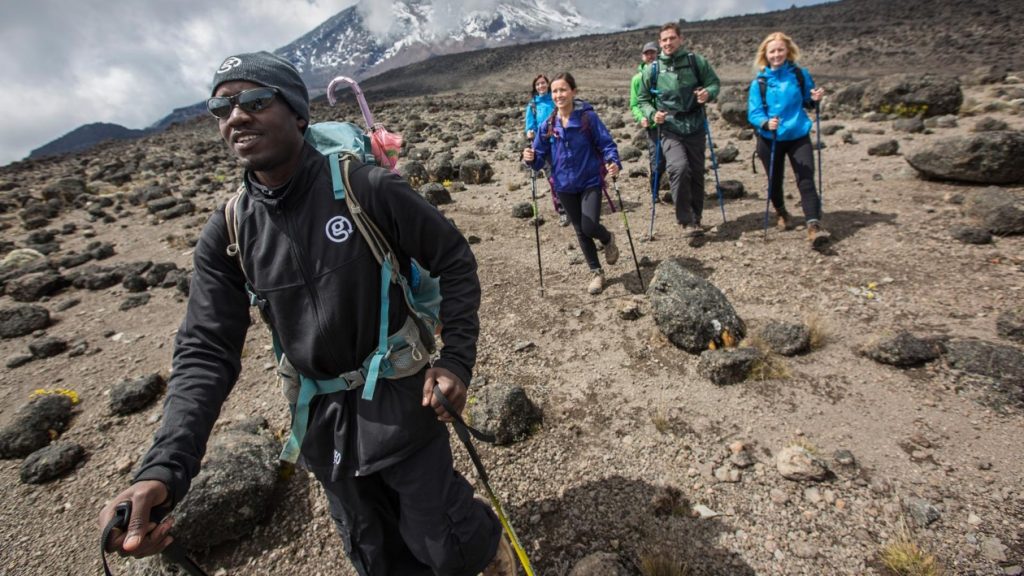
The Ultimate Mount Kilimanjaro Trekking FAQ: All You Need to Know
Are you an adventurous soul seeking an awe-inspiring experience? Look no further, because Mount Kilimanjaro is calling your name! As the highest peak in Africa, this majestic mountain offers an unforgettable trekking expedition that will leave you in complete awe of its beauty and grandeur. To ensure you make the most of your Kilimanjaro adventure, we have compiled a comprehensive list of frequently asked questions to guide you through your journey.
- Which route should I choose for my Kilimanjaro trekking adventure?
There are several routes to choose from, each with its own unique features and levels of difficulty. The popular routes include Machame, Marangu, Lemosho, and Rongai. The choice ultimately depends on your preferences, fitness level, and the time you have available. Rest assured, our experienced guides will help you select the perfect route based on your needs.
- How long does it take to climb Mount Kilimanjaro?
The duration of your trek depends on the route you choose. Generally, it takes about 6 to 8 days to complete the trek, allowing you to acclimatize properly and increase your chances of reaching the summit successfully. Keep in mind that taking your time and allowing your body to adjust to the altitude is crucial for a safe and enjoyable trekking experience.
- Do I need any prior climbing experience to trek Kilimanjaro?
No prior climbing experience is required to conquer Mount Kilimanjaro. However, being physically fit and mentally prepared is essential. Regular exercise and cardiovascular training in the months leading up to your trek will improve your chances of reaching the summit. Remember, determination and a positive mindset are your greatest assets!
- What should I pack for my Kilimanjaro trek?
Packing the right gear is crucial for a successful trek. Essential items include sturdy hiking boots, comfortable layers of clothing, a warm sleeping bag, a waterproof backpack, a headlamp, and high-quality sunglasses. It is advisable to consult with your tour operator or guide for a detailed packing list, as they will provide you with specific requirements and recommendations.
- Is altitude sickness a concern during Kilimanjaro trekking?
Altitude sickness, also known as acute mountain sickness (AMS), is a potential risk when trekking at high altitudes. However, taking the necessary precautions significantly reduces the chances of experiencing severe symptoms. Our expert guides are trained to monitor your health throughout the trek and will provide you with valuable tips to minimize the effects of altitude sickness.
For further inquiries or to book your Kilimanjaro trekking adventure, please contact us via email at info@sunsetafricasafari.com. Our dedicated team at SUNSET AFRICA SAFARI is ready to assist you with all your safari and tour requirements. Embark on this extraordinary journey and create memories that will last a lifetime. Mount Kilimanjaro awaits!
